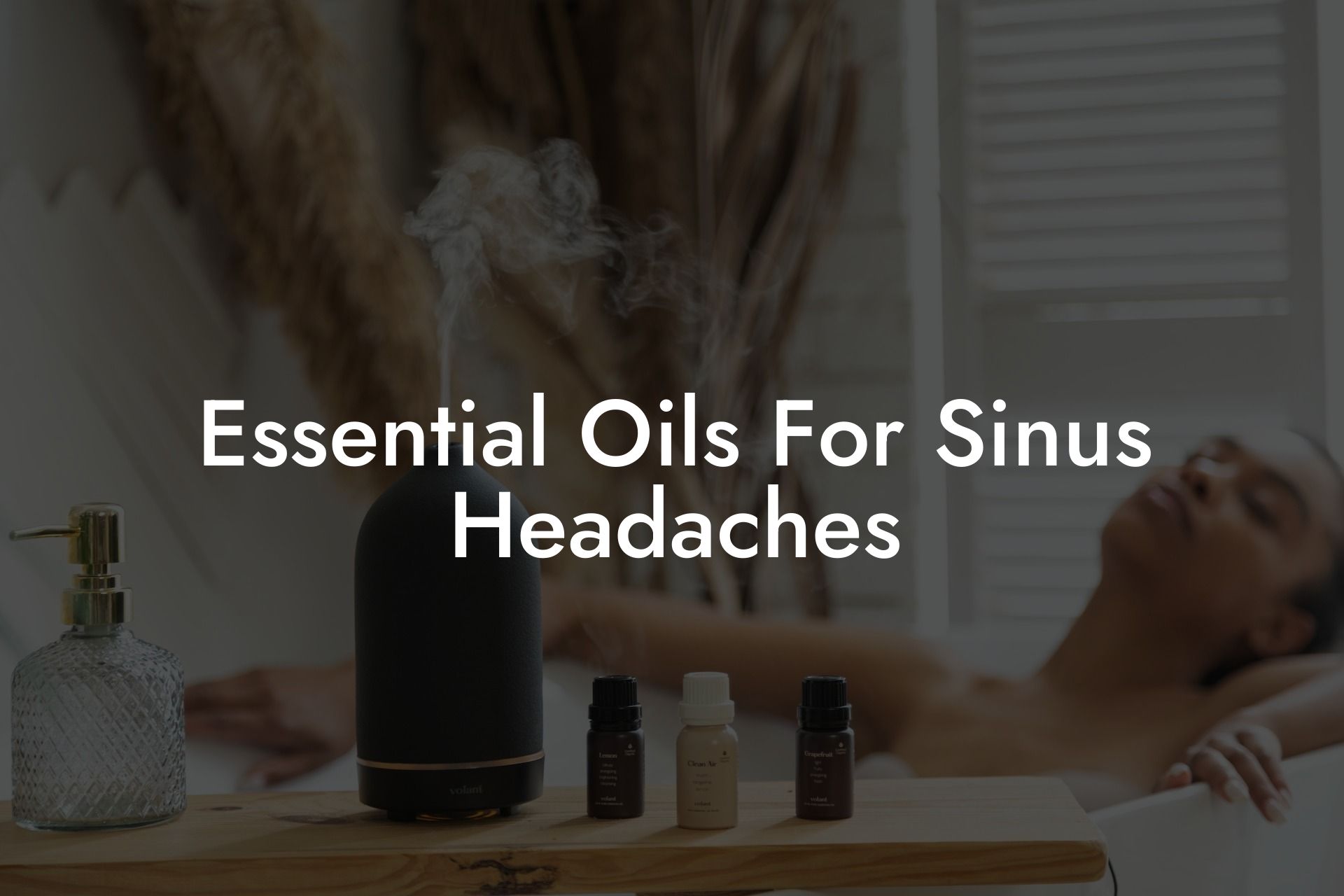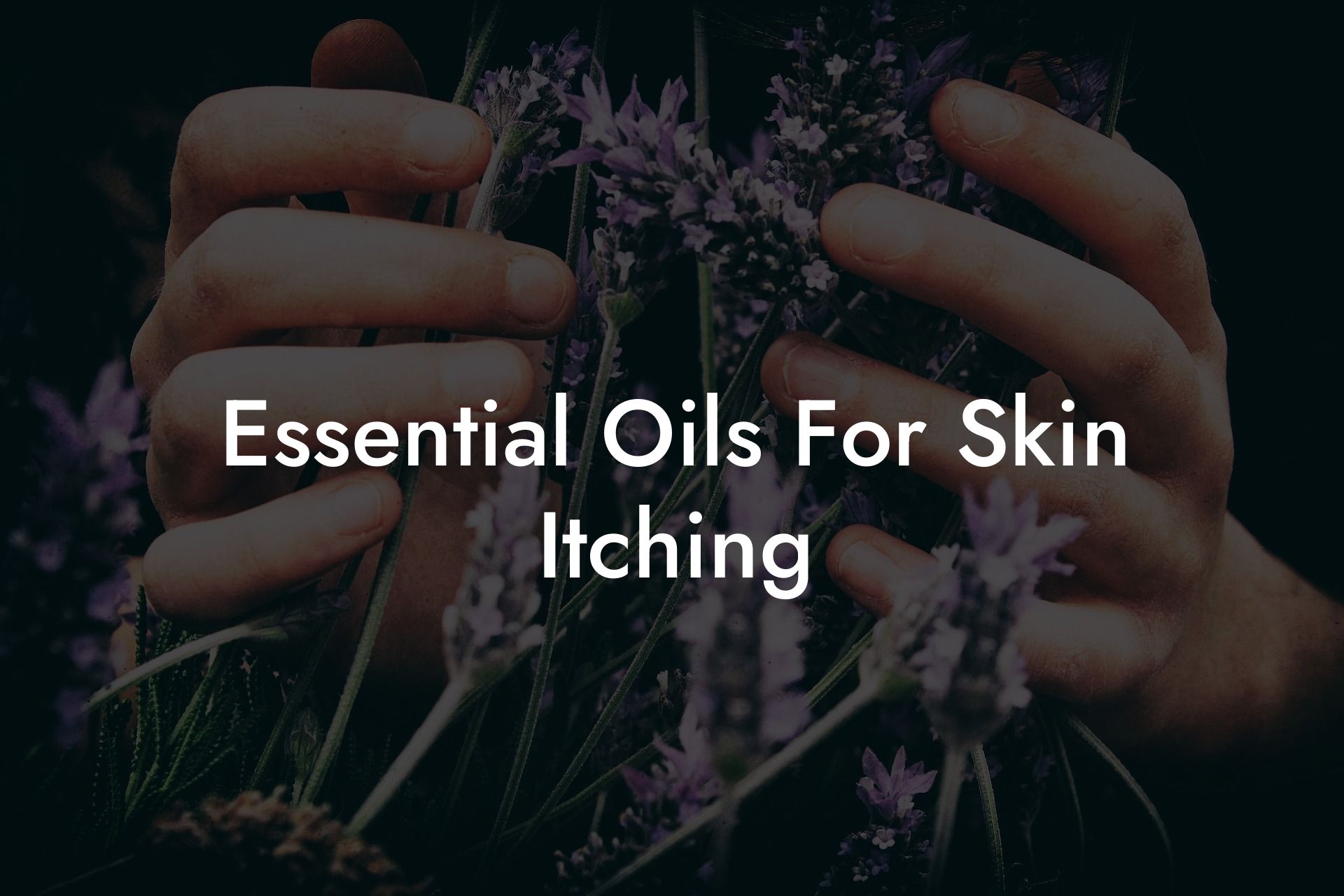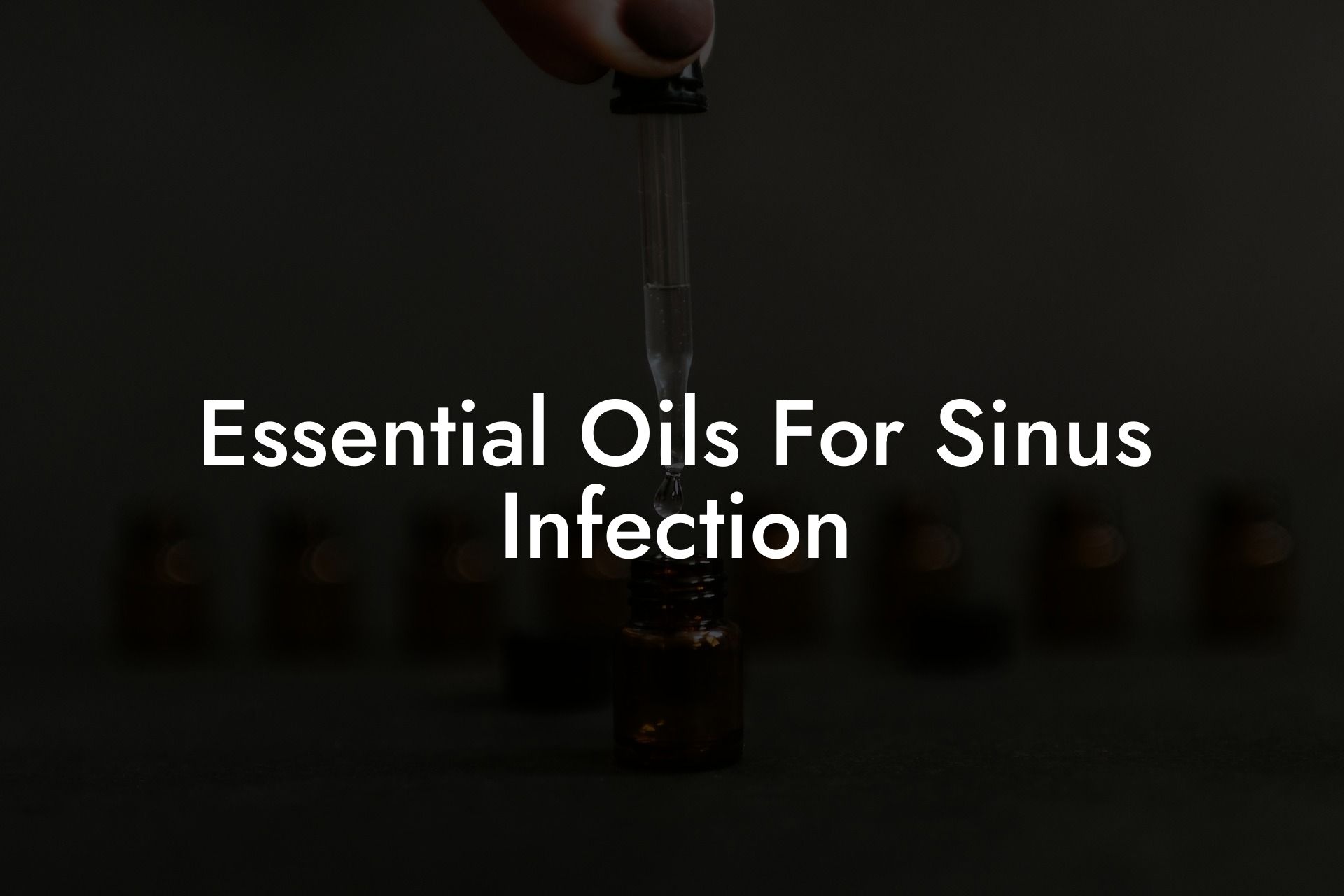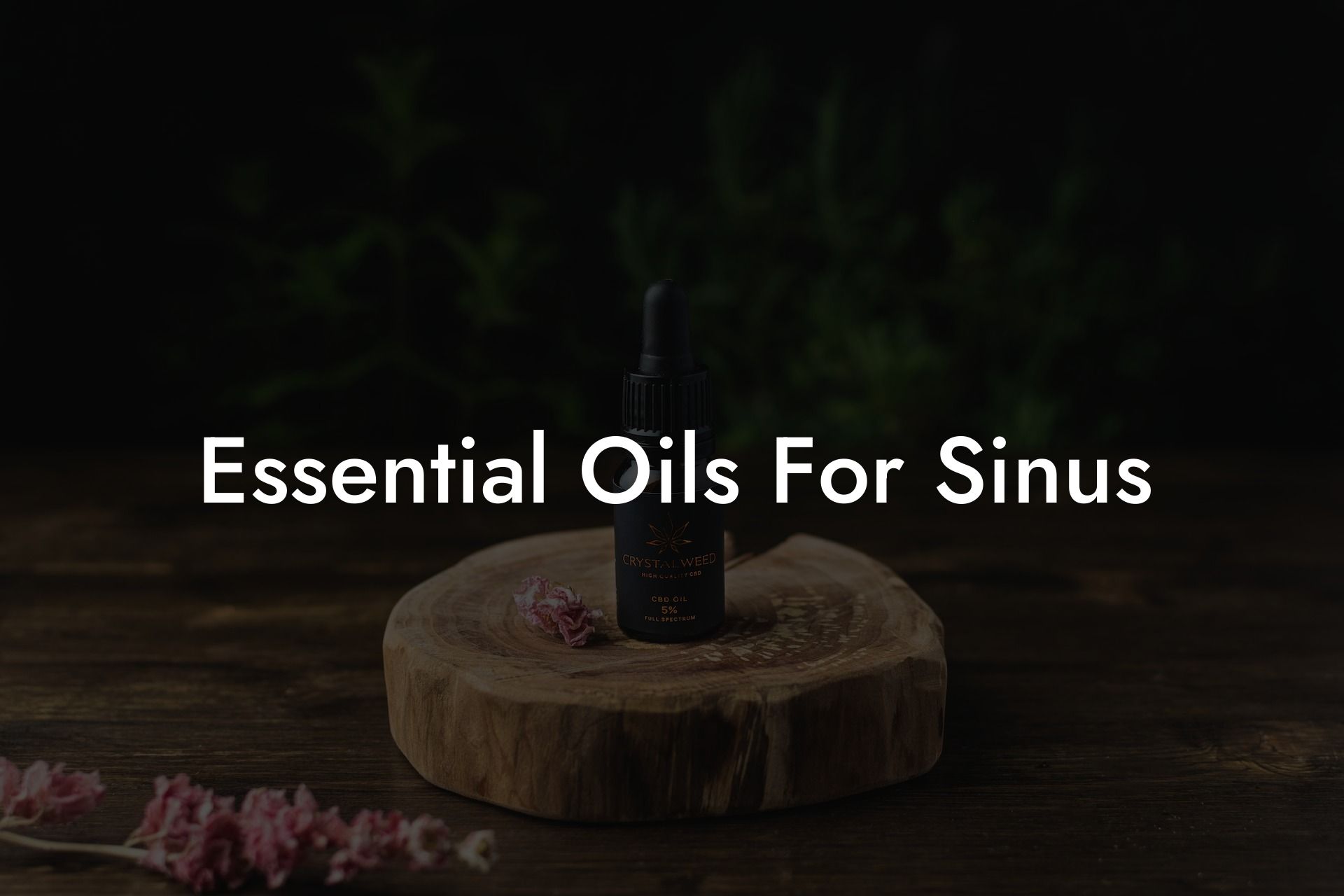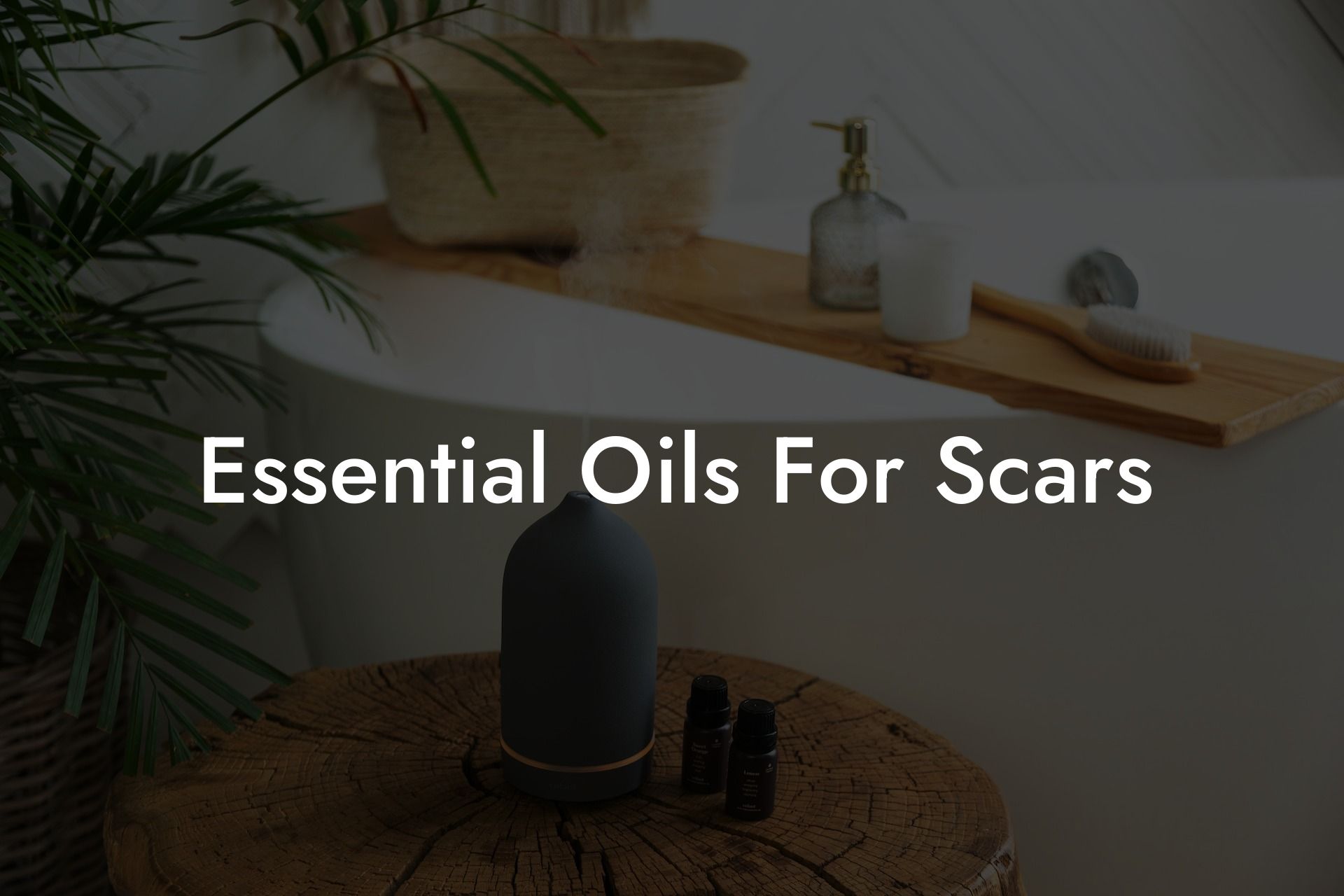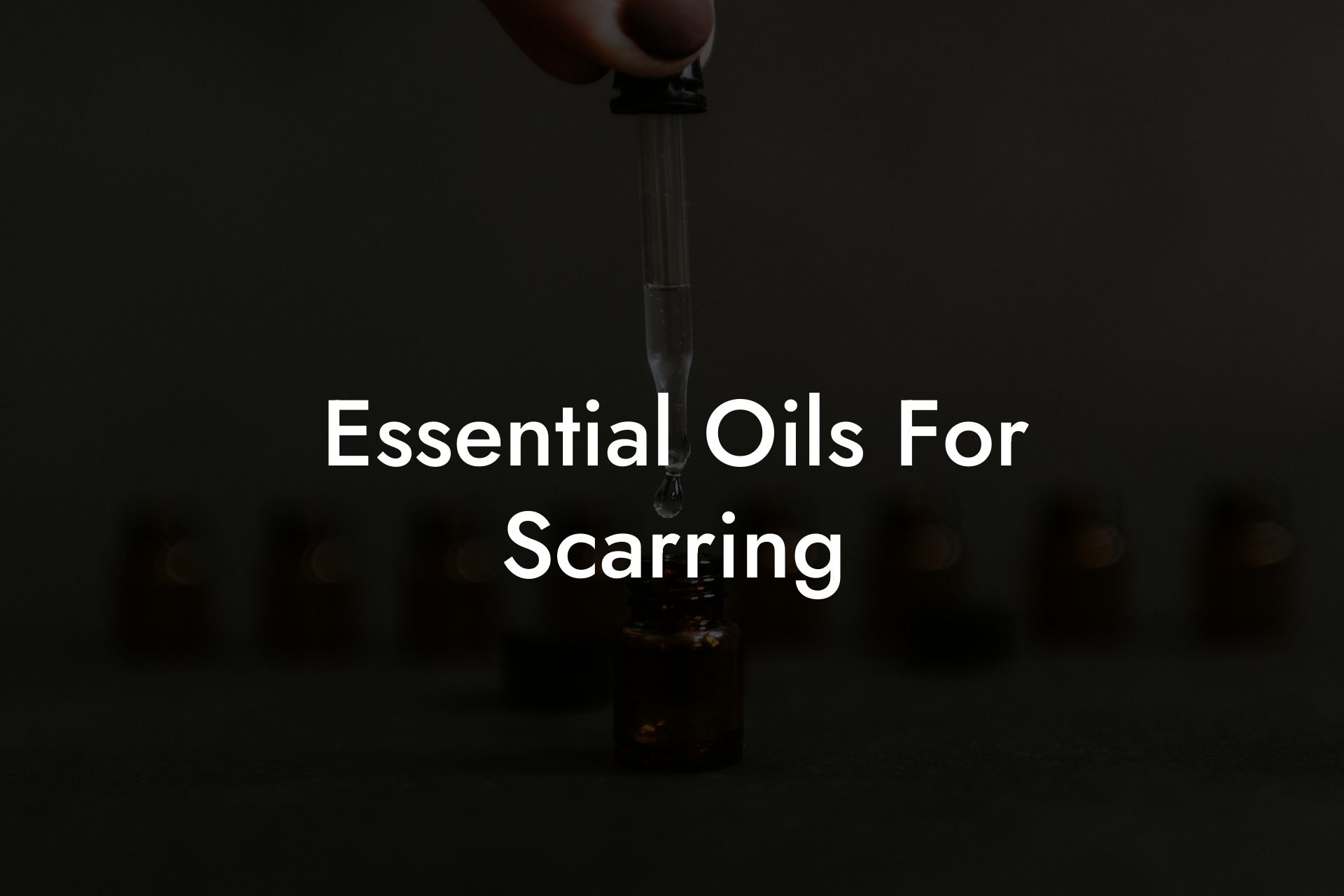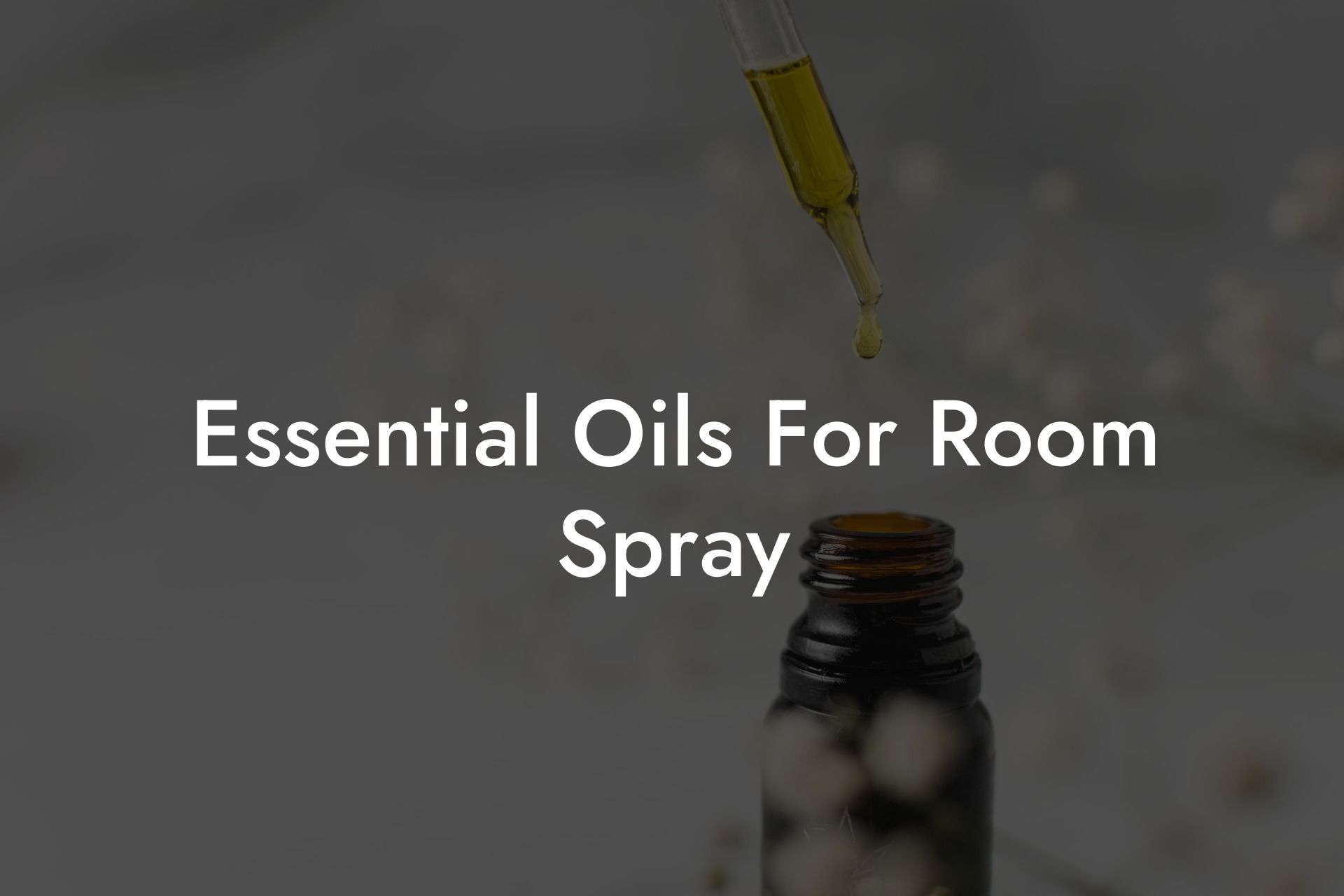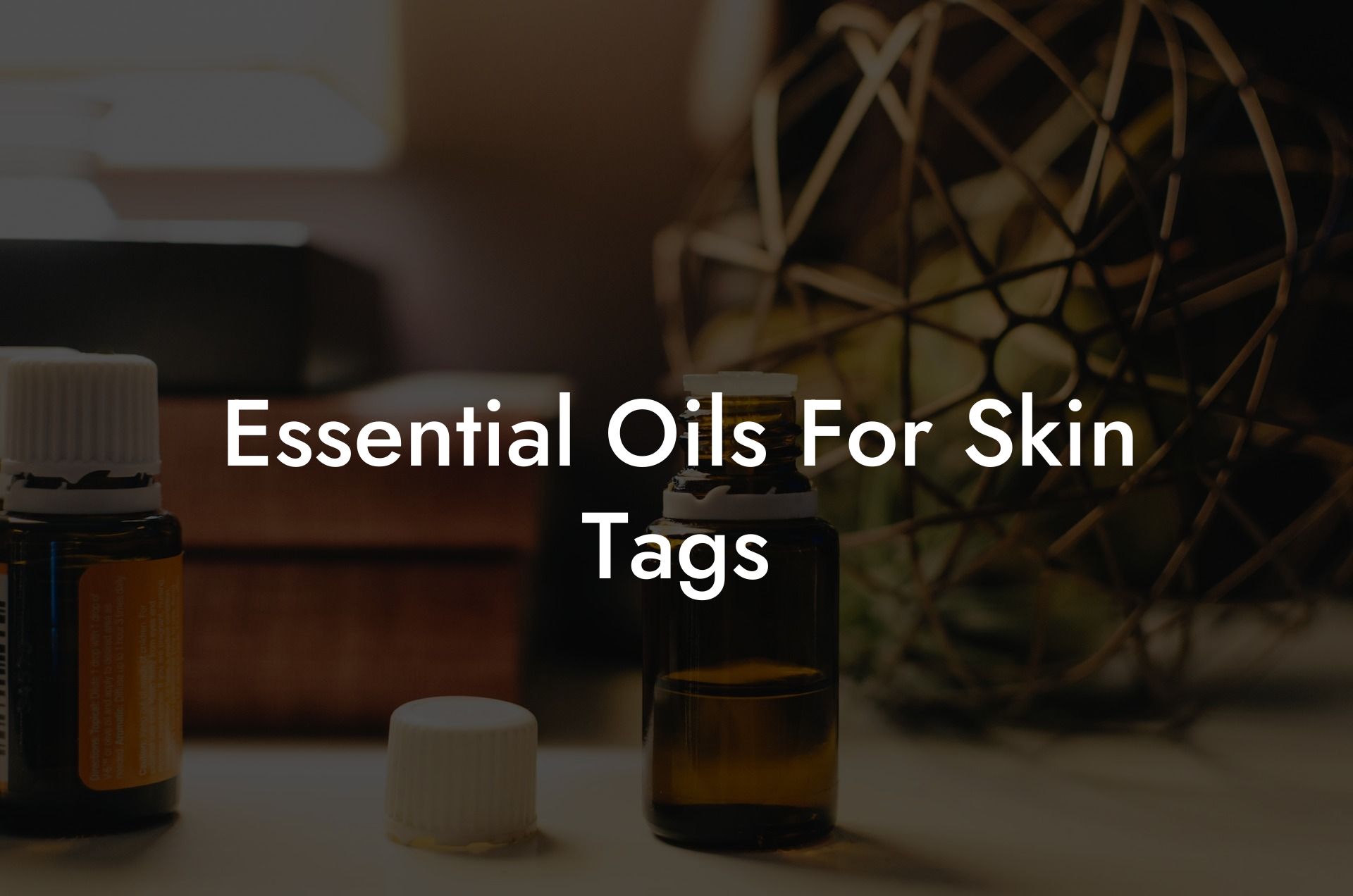There’s nothing quite like the power of natural essential oils to work their magic on our senses and elevate our mood. Whether you’re looking to relax, energize, or just bring a touch of nature into your life, essential oils truly have something for everyone. But you may wonder, is it possible to make your own essential oils at home? The answer is yes, and it’s easier than you might think. In this complete guide, we’ll provide you with everything you need to know to create your very own homemade essential oils and explore the amazing world of aromacology.
Table of Contents
The Basics of Making Essential Oils
To create your own essential oils, you’ll need to extract the aromatic compounds from your chosen plant material. There are several methods to achieve this, but the most common and accessible for home use are the steam distillation and the cold pressing methods.
Steam Distillation Method
This process involves exposing your chosen plant material to steam, which causes the aromatic compounds to be released. The steam then cools and condenses back into a liquid, and the essential oil and water separate.
Cold Pressing Method
This method is typically used for citrus fruits and involves mechanically pressing the fruit to release the essential oil. Cold pressing is more straightforward than steam distillation, but the resulting essential oil may not last as long as steam-distilled oils.
What You’ll Need
Before you begin making your own essential oils, let’s gather the necessary materials. Keep in mind that the specific equipment will vary depending on which method you choose.
For Steam Distillation
– A large pot with a lid
– A heat source (stove or hot plate)
– A heat-resistant glass container
– Distilled water (preferably deionized)
– Ice
– Plant material
– Cheesecloth or fine mesh strainer
For Cold Pressing
– A citrus fruit (such as oranges, lemons, or limes)
– A fruit press or citrus juicer
– A glass container
– A fine mesh strainer or cheesecloth
– A dark glass bottle for storage
Choosing Your Plant Material
Your choice of plant material will greatly influence the scent and properties of the essential oil you create. Here are some popular options:
– Lavender: calming, sleep-promoting
– Peppermint: energizing, focus-enhancing
– Eucalyptus: respiratory support, antiseptic
– Orange: uplifting, mood-boosting
– Lemon: cleansing, concentration-boosting
– Rosemary: memory-enhancing, anti-inflammatory
Keep in mind that some plants may have contraindications or safety concerns, so it’s crucial to research your chosen plant material and understand any possible issues.
How Do I Make My Own Essential Oils Example:
Let’s say you’d like to create a lavender essential oil through steam distillation. Here’s a step-by-step guide:
1. Gather the plant material. Harvest fresh lavender by cutting the stems and collecting the flower heads.
2. Prepare the materials. Fill the large pot with water, and place the glass container in the center. Spread out the lavender in a single layer around the glass container.
3. Simmer the pot. Place the pot on the heat source and bring the water to a gentle simmer. Allow the plant material to steam for 30 to 60 minutes. Make sure to keep an eye on the process and not let the water evaporate completely.
4. Cool and condense the steam. Place the lid upside down on the pot, and place ice on top of the lid. This will cause the steam to condense and drip into the glass container.
5. Separate the essential oil. After you’ve finished the distillation, carefully remove the glass container, and use the cheesecloth or fine mesh strainer to separate any plant material. Let the liquid cool, and then separate the oil from the water using a dropper.
You’ve now learned how to create your own essential oils and gain an even deeper appreciation for the art of aromacology. As you embark on your journey, don’t be afraid to experiment with different plant materials and methods. Share this guide with fellow enthusiasts, explore other guides on Oshu Oils, and, most importantly, treat yourself to the Oshu Oils range of exquisite essential oils to inspire your own creations. Curiosity and passion are your keys to unlocking the endless potential of essential oils. Happy crafting!



